You are here
Back to topFresh Malaysian Durians Granted China Market Access
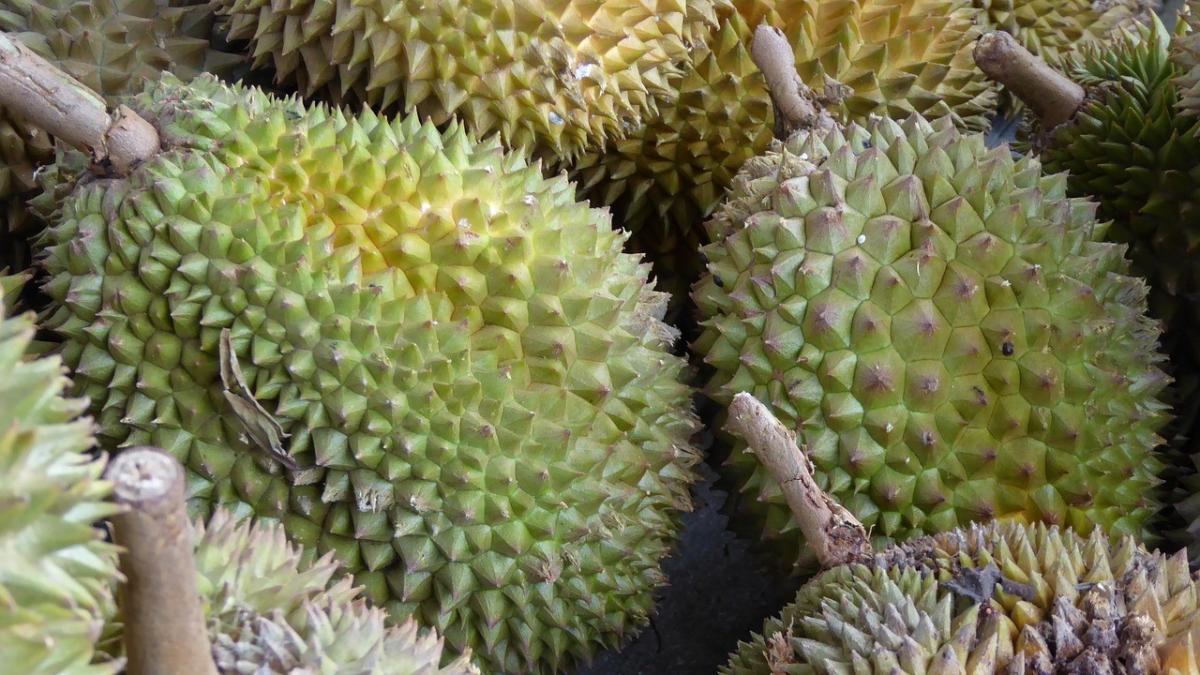
On June 24, the General Administration of Customs of China announced via its website that fresh Malaysian durians meeting the stipulated phytosanitary requirements would be permissible for import into China.
Malaysia has been exporting frozen durian pulp products to China since 2011. In 2018, Chinese customs authorities also granted market access to frozen whole durians, with official exports beginning in May 2019. Finally, on June 20 of this year, China and Malaysia signed a protocol permitting the export of fresh Malaysian durians to China, during a state visit timed to coincide with the 50th anniversary of diplomatic relations between the two countries.
Last year, China imported approximately 90,000 containers of durians. About 60,000 of these originated from Thailand and 20,000 came from Vietnam, while other countries such as Malaysia and the Philippines accounted for just 10% of China’s durian imports. With market access now secured for fresh Malaysian durians, the export volume to China is expected to increase significantly. The GACC has not yet released its list of registered orchards and packaging plants permitted to export fresh durians to China, but once this list is published the export of fresh Malaysian durians to China will officially commence. The Malaysian durian industry plans to use both air and sea transportation, employing advanced packaging solutions that can keep durians fresh for up to 21 days.
According to the GACC announcement, China has identified a total of seven quarantine pests of concern. These include the gray pineapple mealybug (Dysmicoccus neobrevipes), passionvine mealybug (Planococcus minor), coffee mealybug (Planococcus lilacinus), durian seed borer (Mudaria luteileprosa), mango mealybug (Rastrococcus iceryoides), green point gall (Albonectria rigidiuscula) and a species of scale insect (Icerya pulchra).
Orchards intending to export fresh durians to China must establish a traceability system and adhere to good agricultural practices and integrated pest management techniques. Packaging plants should maintain good hygiene standards and implement measures to prevent pest recontamination. During the packaging process, durians destined for China must undergo procedures such as cleaning, sorting, grading and the removal of damaged fruits to ensure that shipments are free from insects, mites, rotten fruits, branches, leaves, roots and soil.
The occurrence of contaminated durians will lead to the rejection of the whole shipment by China or even the suspension of exports from the involved orchards and packaging plants for the remainder of the season. Durians exported by unregistered orchards or packaging plants, or durians that do not meet China’s food safety standards, will also result in refusal of the entire shipment.
Image: Pixabay
This article was based on a Chinese article. Read the original article.



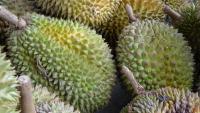
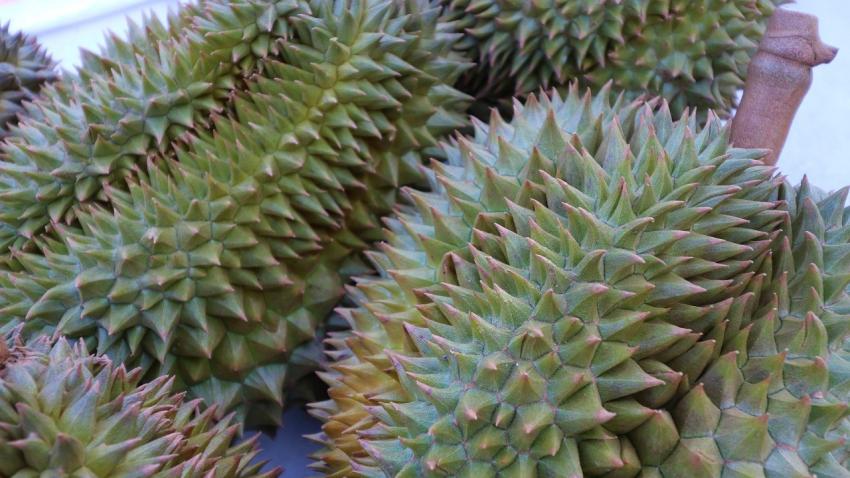
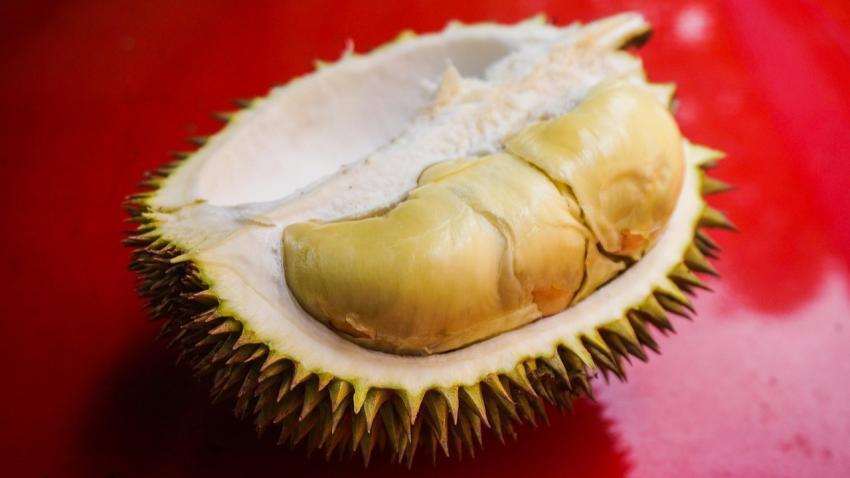
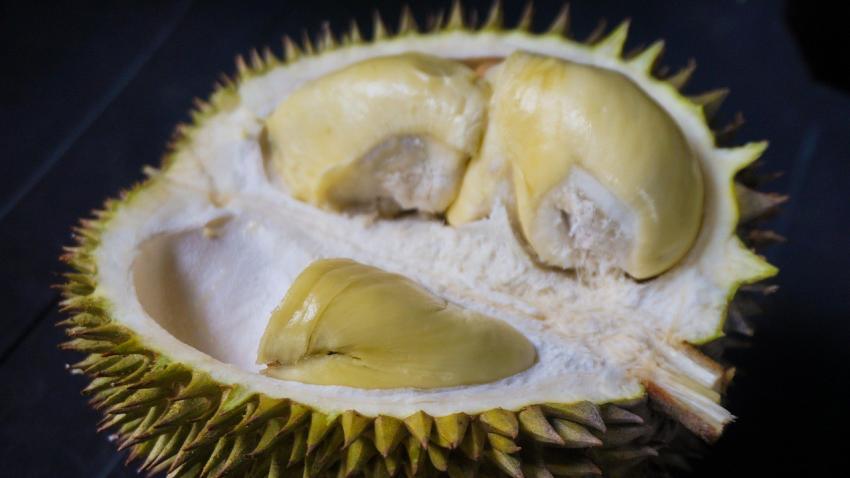
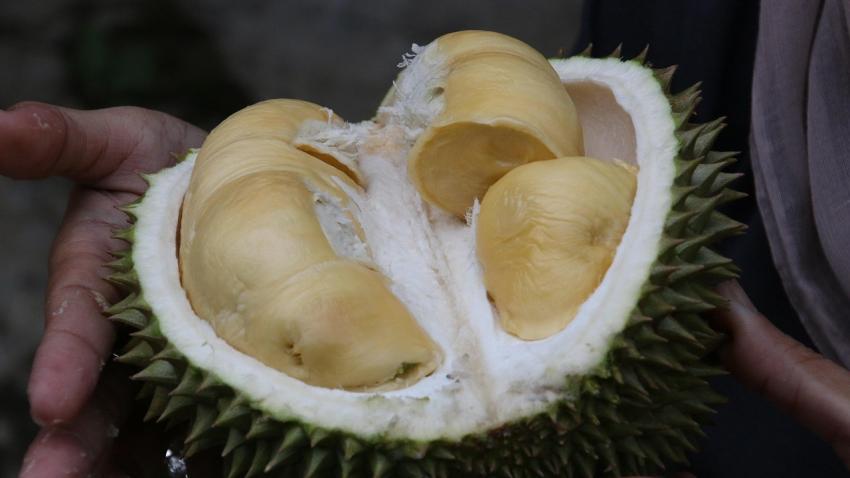









Add new comment